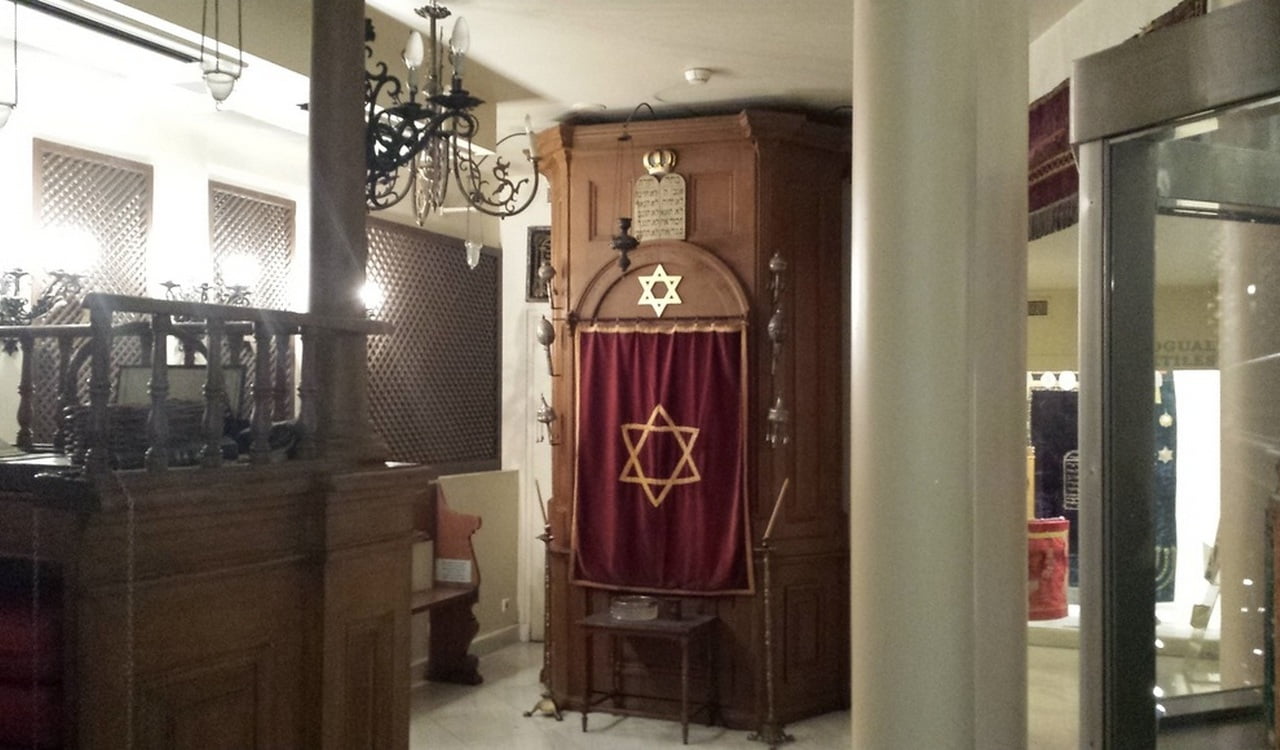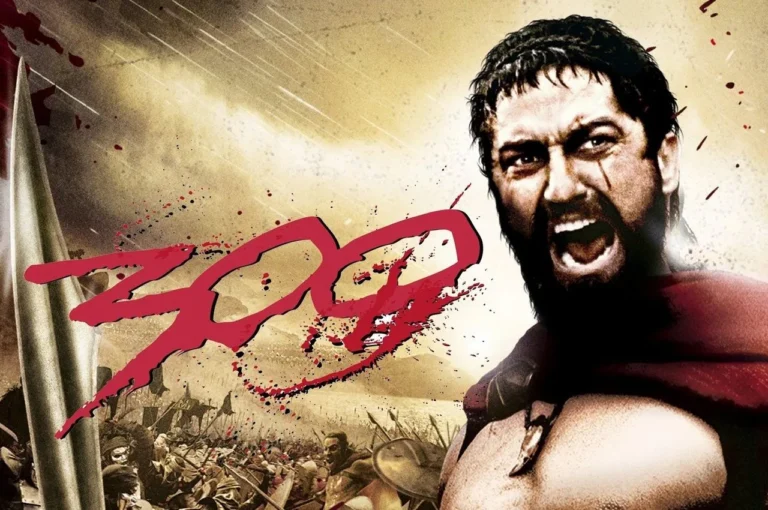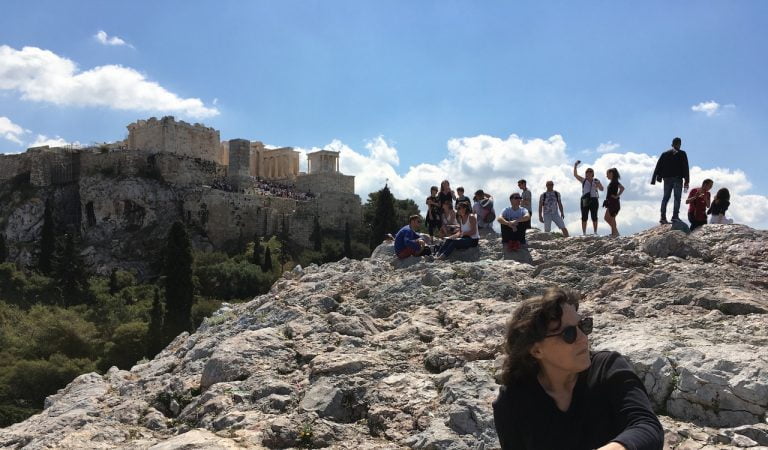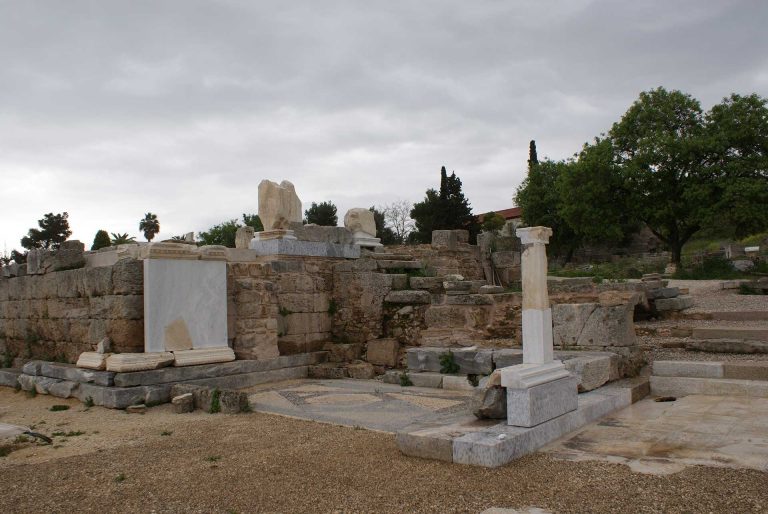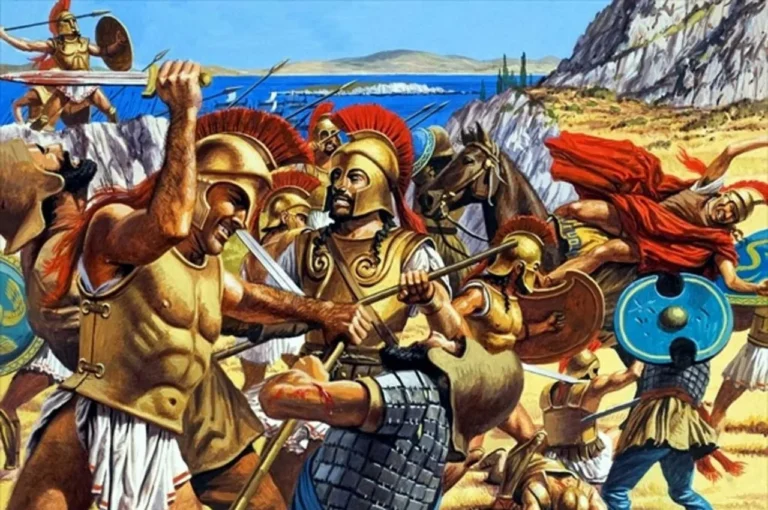Our Jewish Athens
“Three years ago, I visited the Synagogue of Athens on Melidoni Street in the capital’s Thiseio district for the Jewish Passover (Pesach) service. I had never been before. Everyone seemed to know each other. I may have been the only one who did not belong to the community, but that didn’t mean that I was not welcome. The lady next to me asked, “Are you a Jew?” “No,” I replied. “I am a Christian.” She said, “We may sit together if you want, so I can explain to you what Rabbi says, since everything is in Hebrew.” Mrs Rosa stood beside me and did not leave until the end of the service.
Three years later I sat down for a chat with Taly Mair, director of the Jewish Community of Athens (JCA), and Iakovos Atoun, its programs coordinator, at the headquarters of the JCA.
“It is strange, but the Jewish population of Athens was smaller before the Second World War. On the eve of World War II, the Jews of Athens amounted to about 3,000. At the same time, the number of Jews in Thessaloniki was over 50,000,” Mair told me.
According to the JCA, in the census of 1928, the Jews of Athens numbered 1,578, the vast majority of them Romaniotes. The first synagogue of Athens, the Etz Hayyim (meaning Tree of Life), was built at 8 Melidoni Street in 1904. The most affluent Jews were merchants, while the rest were mainly street vendors and retailers selling fabric and other goods at the bazaar. At the time the majority lived in the center of Athens, in Plaka, Kolonaki and Mets, with others in Patission, Kypseli and Pangrati, and a small number in the suburbs.
In 1935 the Beth Shalom Synagogue was built across the road and continues to operate today. In 1943 many Jews from Thessaloniki and other cities flocked to Athens. It is estimated that the incoming Jewish population reached some 4,000 to 5,000. The total Jewish population in Athens at that time was around 8,000.
In Athens, a large part of the Jewish population survived due to factors such as the large size of the capital, the language spoken by the Jews in the city (which was Greek, not Ladino), and the mobilization of partisans, authorities and the Greek Orthodox Church. The actions of Athens Police Chief Angelos Evert, who saved several Jewish families by providing them with Christian identity papers, and the decisive attitude of Rabbi Elias Barzilai are widely known.
“After the war, the Jewish community in Athens grew instead of getting smaller due to the fact that the remaining Jews in other Greek cities moved to Athens. Other Jewish communities in Greece either shrank dramatically or disappeared completely,” Mair said. “Today there are about 3,000 Jews in Athens.”
Milestones
1960: An important moment for the Jewish community of Athens was the foundation of the Jewish Community School in 1960, 15 years after the rebuilding of a diverse and multifaceted community. The school was built on a 3-acre plot in Psychico with the aim of hosting 300 children. “This was an important milestone because we have always attached tremendous importance to the role of education,” Atoun said.
2004: Another important moment was the recognition by the Greek state of World Holocaust Day, which took place on January 27, 2004. January 27 is the anniversary of the liberation of the Auschwitz concentration camp. In recent years, the Ministry of Education and Religious Affairs has issued an annual circular which recommends that schools of all levels devote two hours to teaching children about the Holocaust.
2010: In 2010, the Holocaust Memorial was set up in Thiseio, a few meters from the Synagogue at the point where Melidoni, Ermou and Evvoulou streets meet. “We are the last capital in Europe to have acquired a Holocaust memorial,” Mair pointed out. The monument has been vandalized on several occasions, mainly by far-right and neo-Nazi groups.
2016: Outside the Synagogue there is a huge black book full of names. This is the Monument of the Righteous among the Nations.
“So far, the book contains the names of 328 Christians or Christian families who saved their Jewish friends or even Jews who were totally unknown to them,” Mair explained.
The debate over the Holocaust has broadened in recent years. The Ministry of Education has made a significant contribution. The fact that several ceremonies to bestow the Righteous Among the Nations title have taken place in schools opens the way for raising awareness. “Children are now getting in contact with this part of history,” Atoun and Mair proudly told me.
“Our community wishes to be open to society. In this context of extroversion, for a number of years we have been implementing activities aimed at opening up to society. One example is the Open Shabbat, where we invite people to come and watch the Sabbath ceremonies. Rabbi, in particular, recites prayers in Greek that day, so that everyone can participate. Also, in the last three years we have been doing the Open Hanukkah, which is one of the most important Jewish holidays. Schools also constitute a big chapter. About 25 schools visit us every year,” Atoun told me.
Who is the Athenian Jew?
“Let me ask you a question – how would you respond to the question: Who is the Athenian Christian?” Mair said, smiling. “There are some who have no financial problems and others who need the support of the community for their survival. The rich Jew stereotype does not hold water.”
Most children in the community attend the Lauder School of the Jewish Community of Athens. “The school only covers kindergarten and primary education. After that children go to other schools. We follow the official curriculum of the Ministry of Education and our students are taught also English and French. In addition, pupils have Jewish language lessons and learn about Jewish traditions,” Atoun said.
“Last year, in partnership with Pierce – The American College of Greece and the Lauder Foundation, we started a pilot educational program for the children of the Jewish community finishing primary school. These are optional afternoon lessons aimed at further familiarizing students with Jewish culture and language,” Mair added.
Actions may have expanded the dialogue but they haven’t stopped anti-Semitic attacks. In 2017, the Heinrich Boll Foundation conducted a survey on the levels of anti-Semitism in Greece. The survey examined the relationship between politics and anti-Semitism, the level of education in relation to anti-Semitism, and the Greek Orthodox Church’s treatment of Jewish communities. Additionally, in December 2018, a report on incidents targeting religious sites in Greece in 2017 was published by the Ministry of Education. Out of the 556 incidents, 11 targeted Jewish places of worship and were characterized as racist or anti-Semitic.
“The Holocaust Memorial is often desecrated. Every time, the municipality cleans it, but we do have such incidents and we have to be alert,” Atoun said.
Of course what was most shocking was the attack on the Jewish cemetery in May 2018, when strangers broke burial slabs and desecrated people’s graves. The Jewish Community of Athens condemned the act by staging a silent protest a few days later, holding banners displaying just one word: “Why?” Next to the Jewish Community there was a crowd comprising politicians, officials, and representatives of embassies and consulates, but mostly ordinary citizens. “How can dead people hurt you?” we asked ourselves.
In 2015, Rabbi of the Jewish Community of Athens Gabriel Negrin succeeded Rabbi Isaac Mizan, who had been serving the Jewish Community of Athens since 1971.
“The Jewish Community of Athens is a ‘new’ community. It was founded in 1890 as an Israeli brotherhood of Athens and in 1912-13 it became a Jewish community. There is evidence of a Jewish presence here from the ancient period and of course during the Roman era. There was an absence of Jewish life in Byzantine and Ottoman times, but with the coming of King Otto the presence of the Jewish element increased. A small Jewish population also means small religious needs. For this reason, the service of religious needs took place in smaller places. It is essential to mention that, beyond a place of prayer and worship, the synagogue also functioned as a meeting place and a place of caring,” Rabbi said.
How do the different Jewish communities coexist in the synagogue?
“After the Second World War the Athenian Jewish population was mixed. We had Romaniotes, Sephardim and a few Ashkenazim. The Romaniote tradition prevailed in some areas, for example, in the fact that most of our cantors were Romaniotes, and even prayers were chanted with the Romaniote accent. In recent decades, the Community’s rabbis have been Sephardim,” he said.
“We operate on all religious holidays. The Community and the Synagogue have maintained their consistency and have vigorously avoided any schism. The Synagogue is open to all Jews of any community or perception. We all pray together in the same unique Synagogue of Athens. We also welcome non-Jews and present to them a religion which is close to Christianity, but sometimes unknown to them. We are a Greek community – in the history, prayer and behavior of the members,” he continued.
“What is it like to see the changes of an entire community and to lift the burden of a new life that comes to the world or a life that is lost?” I asked.
“What moves me is the trust of the people who accept me. They accept a rabbi who works hard and devotes himself to the community. What matters to me is the human being. Each person separately. You know, at the end of every sermon, the wish is ‘Be strong and blessed.’ The power and patience that we need to cope with the difficulties of our lives,” he said.
How does he imagine the future of the community?
“I suppose that the members of the community will become fewer but the community will be lively, active and even more extrovert.”
Source: The article was written by Georgia N. Gleoudi, a religious scholar. You can learn more about the Jewish Community of Athens on their website.

